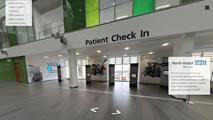Bariatric Surgery Frequently Asked Questions
How do I know that I will be suitable for surgery?
Selection for surgery depends on your weight and height, the presence of other health or psychological problems, your age and readiness to go ahead with surgery. The final decision rests with the team but we will do our best to help anyone that we think will benefit from surgery
How long does it take from being referred by my GP to having the operation?
This very much depends on how your assessments go with our team. Some patients have significant problems that need to be dealt with first before we can go ahead with surgery. This may take repeat visits to us over a number of months as well as other investigations (such as into sleep disorders).
How much weight can I expect to lose, and how quickly?
The amount of weight lost after surgery depends on the type of operation, but more importantly on changing your lifestyle and eating habits. Weight loss requires reducing your food intake and increasing exercise. If you don’t stick to this then you will not lose enough weight and may even to put it back on again. It is important to be realistic about weight loss. The primary aim of weight loss surgery is to solve the problems caused by your obesity and not to get you to your ideal weight. If you lose more than 50% of your extra (excess) weight and it doesn’t come back on again this will be classed as a success. In general weight loss is faster after gastric bypass and sleeve gastrectomy surgery with most of the weight lost within the first 6 months and stabilising after 12-18 months. Gastric band surgery causes a slower more gradual but steady weight loss.
Will I have loose or sagging skin after I lose weight?
After significant weight loss there will inevitably be some areas where the skin starts to sag (around the tummy, under the arms and thighs, and breasts). How bad this is depends on how much weight you lose, your age and skin tone (generally younger patients have a better skin tone). How much this effects you is personal with some patients not being bothered by it, and others finding it very difficult to cope with. Occasionally the skin folds can become infected or sore if they are difficult to keep clean and dry. The only way to effectively deal with loose skin is with plastic surgery although this is not routinely funded within the NHS unless there are exceptional circumstances. You will need to discuss this with your GP if you feel that it becomes a major problem.
Are there any other side effects?
Some people notice that they lose some hair or that it becomes thinner after weight loss. This can be distressing, but it is only temporary and usually gets better after a few months. Many patients describe developing very dry skin when losing weight rapidly. You can combat this by drinking plenty of fluids, taking your multivitamin and applying a good moisturising cream daily.
How much time will I need off work?
This depends on your type of work, but generally gastric band patients have 1-2 weeks off work and the gastric bypass or sleeve gastrectomy patients have longer (up to 6 weeks)
How much weight can I expect to lose, and how quickly?
The National Bariatric Surgery Registry, 2010 reported that the average excess weight patients lost after 1 year was approximately 40% for gastric banding, 50% for sleeve gastrectomy and 70% for gastric bypass. The amount of weight lost after surgery however varies greatly from person to person. Ultimately, it is down to the changes you make to your lifestyle and eating habits. Weight loss requires reducing your food intake and increasing exercise. If you don’t stick to this then you will not lose enough weight and may even to put it back on again.
It is important to be realistic about weight loss. The primary aim of bariatric surgery is to improve the problems caused by your obesity. If you lose more than half of your extra (excess) weight and it doesn’t come back on again this is regarded as a success.
Most of the weight lost after bariatric surgery happens in the first 6 months, a bit more until about 18 months when most people put a bit back on again. This is entirely normal and as long as the weight levels out again there is nothing to worry about.
Will I have loose or sagging skin after I lose weight?
After significant weight loss there will inevitably be some areas where the skin starts to sag (around the tummy, under the arms and thighs, and breasts). How bad this is depends on many factors including how much weight you lose, your age and skin tone (generally younger patients have a better skin tone). How much this effects you is personal with some patients not being bothered by it, and others finding it very difficult to cope with. Occasionally the skin folds can become infected or sore if they are difficult to keep clean and dry.
The only way to effectively deal with loose skin is with plastic surgery although this is not routinely funded within the NHS unless there are exceptional circumstances. You will need to discuss this with your GP if you feel that it becomes a major problem.
What can I do about hair loss?
Some people notice that they lose some hair or that it becomes thinner after weight loss. This can be distressing, but it is only temporary and usually gets better after a few months. Many patients describe developing very dry skin when losing weight rapidly. You can combat this by drinking plenty of fluids, taking your multivitamin and mineral supplements and applying a good moisturising cream daily.
Do you require me to stop smoking before surgery? How will smoking affect my surgery and post-op time?
The purpose of bariatric surgery is to help improve your health, life expectancy and quality of life. Smoking is the single most detrimental activity that you can do to affect your health and it’s the biggest cause of death and illness in the UK. One in two smokers will die from smoking-related diseases such as cancers, heart attacks and strokes.
Smoking increases your risks of complications during and after surgery. It will increase your risks of chest infections, blood colts, wound healing, and premature death. We strongly advise you to stop smoking before surgery. We understand that this can be very difficult and you will need support. There are many support organisations available that are able to point you in the right direction, and we are happy to work with you.
You will not be considered for surgery if you continue to smoke and have not been involved in any stop smoking interventions. Smoke Free Bristol: 0117 922 2255
How long will I be in Surgery?
Operation times vary between 30minutes to 2 hours. There is additional time putting you to sleep and waking you up. Overall, you are away from the mediroom for 4-5 hours.
Will I be in ICU?
Only if you are considered a high risk patient. There may be a small chance of being admitted to ICU if there were any complication during surgery.
Will I have a private room, or will I share with someone else?
Usually you will have a private room. However in some cases you may be asked to share in a 4 bedded bay.

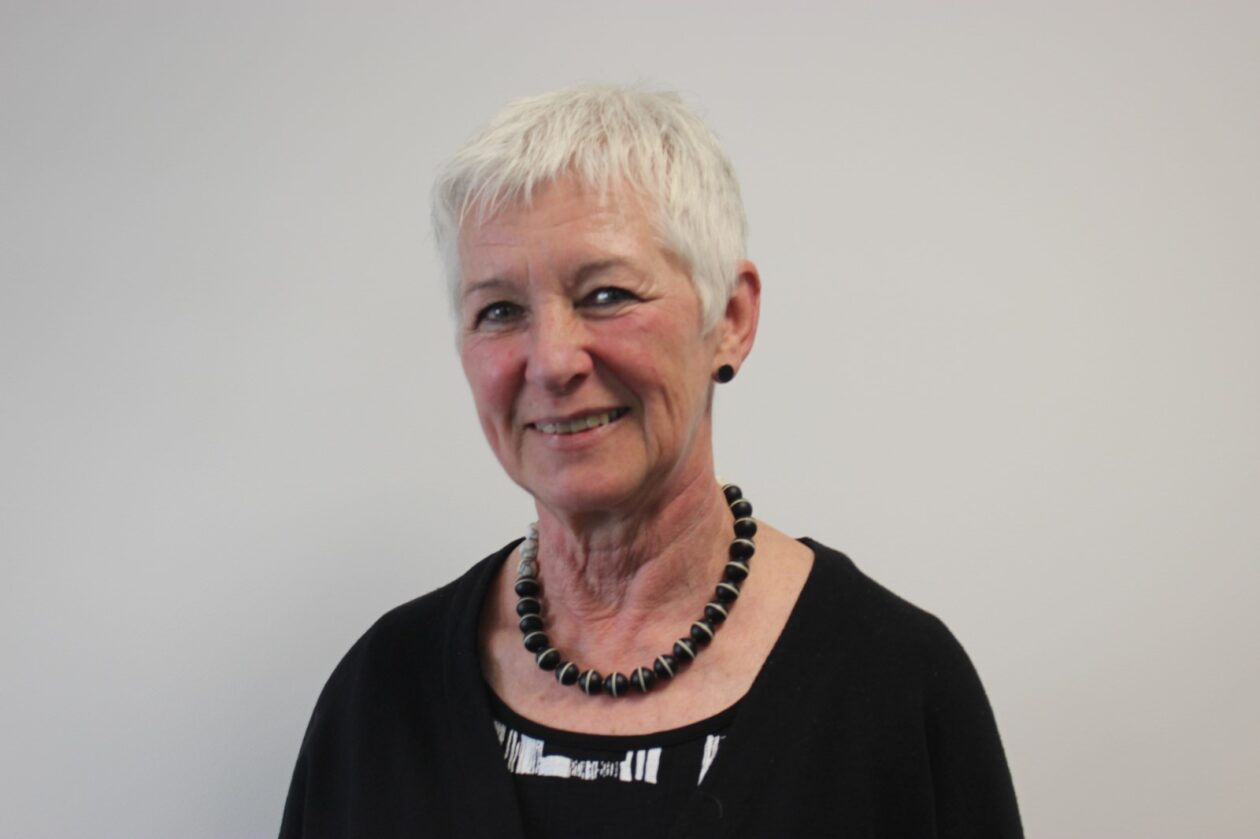

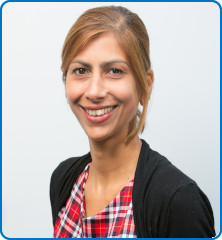
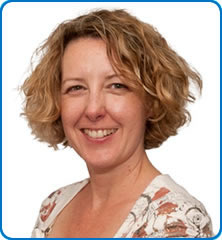 GMC Number: 4304007
GMC Number: 4304007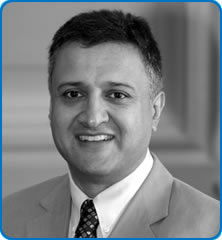 GMC Number: 3467499
GMC Number: 3467499
